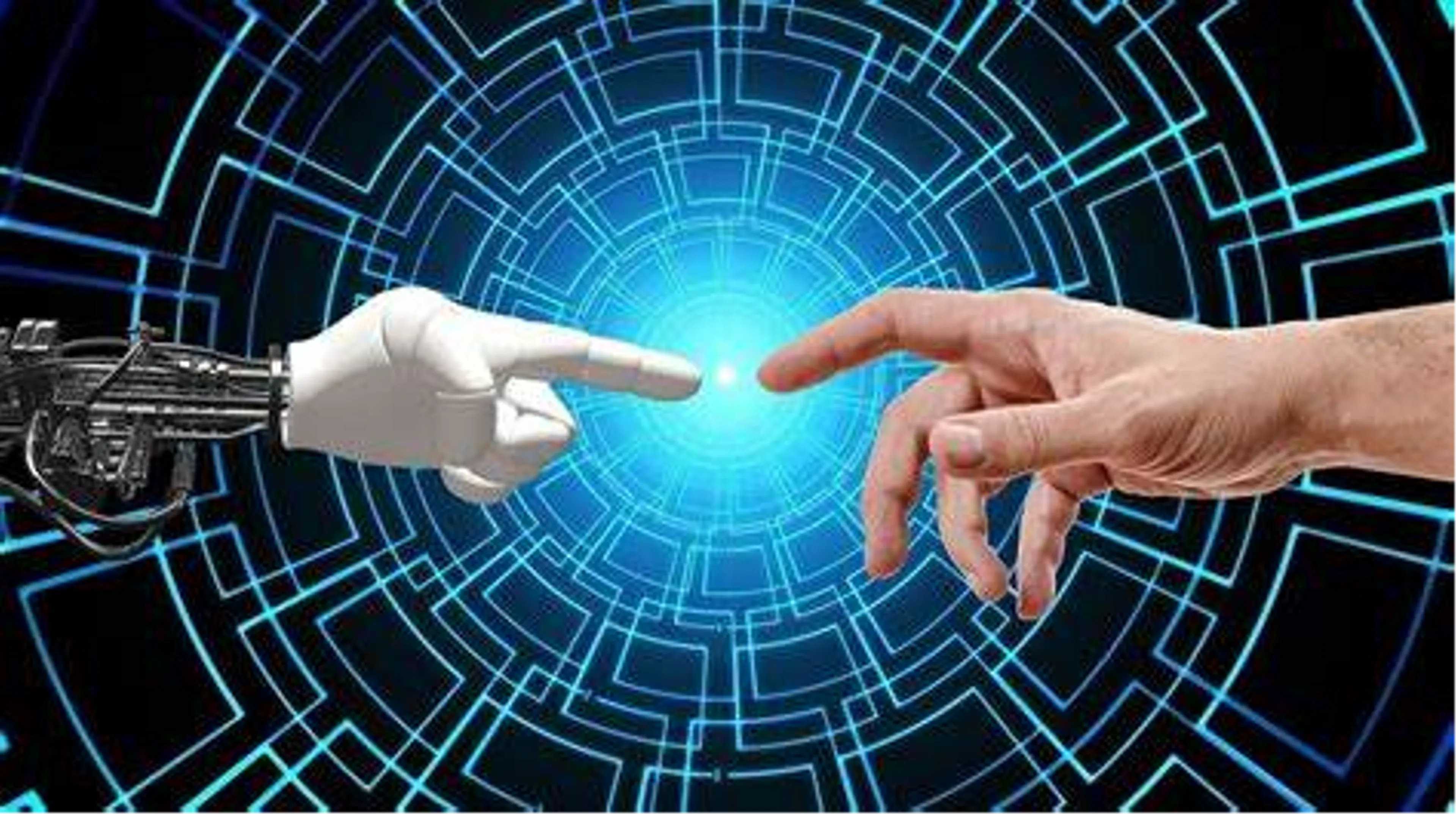Introduction
Artificial intelligence (AI) is the field of computer science that aims to create machines and systems that can perform tasks that normally require human intelligence, such as perception, reasoning, learning, decision making, and natural language processing. AI has been advancing rapidly in recent years, thanks to the availability of large amounts of data, powerful computing resources, and breakthroughs in machine learning and deep learning techniques. AI has the potential to revolutionize various domains of technology, such as healthcare, education, transportation, manufacturing, entertainment, and security. In this essay, I will discuss some of the current and future applications of AI in these domains, as well as some of the challenges and ethical issues that AI poses for society.
Healthcare
AI has been widely applied in healthcare, with the aim of improving diagnosis, treatment, prevention, and management of diseases. For example, AI can help analyze medical images, such as X-rays, CT scans, and MRI scans, to detect abnormalities and assist doctors in making accurate diagnoses. AI can also help design new drugs and vaccines by simulating molecular interactions and predicting their effects. AI can also help monitor patients’ vital signs and symptoms, and provide personalized recommendations and interventions based on their health conditions3. Furthermore, AI can help automate administrative tasks, such as scheduling appointments, billing, and coding, which can reduce costs and errors.
Education
AI has been increasingly used in education, with the goal of enhancing learning outcomes and experiences for students and teachers. For example, AI can help create adaptive learning systems that can tailor the content and pace of instruction to the individual needs and preferences of each student. AI can also help provide feedback and assessment for students’ progress and performance, as well as guidance and support for teachers’ professional development. Moreover, AI can help create immersive and interactive learning environments, such as virtual reality and augmented reality, that can engage students’ attention and motivation.
Transportation
AI has been transforming the transportation sector, with the vision of creating safer, more efficient, and more convenient modes of mobility. For instance, AI can help enable autonomous vehicles that can drive themselves without human intervention. AI can also help optimize traffic management and routing by analyzing real-time data from sensors and cameras10. AI can also help improve public transportation systems by predicting demand and supply, and adjusting schedules and fares accordingly Additionally, AI can help enhance the user experience of travelers by providing personalized recommendations and services based on their preferences and needs.
Manufacturing
AI has been reshaping the manufacturing industry, with the aim of increasing productivity, quality, and innovation. For example, AI can help automate various tasks in the production process, such as assembly, inspection, testing, and maintenance. AI can also help optimize the design and engineering of products by simulating different scenarios and outcomes. AI can also help improve the supply chain management by forecasting demand and inventory levels, and coordinating logistics and delivery. Furthermore, AI can help foster creativity and collaboration among workers by providing insights and suggestions based on data analysis.
Entertainment
AI has been enriching the entertainment sector, with the purpose of creating more engaging, diverse, and personalized content and experiences for consumers. For example,
AI has been enriching the entertainment sector, with the purpose of creating more engaging, diverse, and personalized content and experiences for consumers. For example, AI can help generate new forms of art, such as music, poetry, painting, and animation, by learning from existing works and styles. AI can also help create interactive and adaptive games that can respond to the actions and emotions of the players. AI can also help recommend and customize content and services based on the preferences and behavior of the users. Additionally, AI can help create realistic and expressive virtual characters and agents that can communicate and interact with humans.
Security
AI has been enhancing the security domain, with the objective of protecting people, assets, and information from various threats and risks. For example, AI can help detect and prevent cyberattacks by analyzing network traffic and identifying anomalies and vulnerabilities. AI can also help monitor and control physical security systems, such as cameras, alarms, locks, and drones, to prevent unauthorized access and intrusion. AI can also help identify and verify individuals by using biometric features, such as face, voice, fingerprint, and iris. Moreover, AI can help analyze and predict potential threats and incidents by using data from various sources, such as social media, news, and sensors.
Conclusion
AI is playing a vital role in revolutionizing various domains of technology, such as healthcare, education, transportation, manufacturing, entertainment, and security. AI has the ability to perform tasks that require human intelligence, such as perception, reasoning, learning, decision making, and natural language processing. AI has the potential to improve the quality and efficiency of various products and services, as well as to create new forms of innovation and creativity. However, AI also poses some challenges and ethical issues for society, such as privacy, accountability, transparency, fairness, and human dignity. Therefore, it is important to develop and use AI in a responsible and ethical manner that respects human values and rights.

